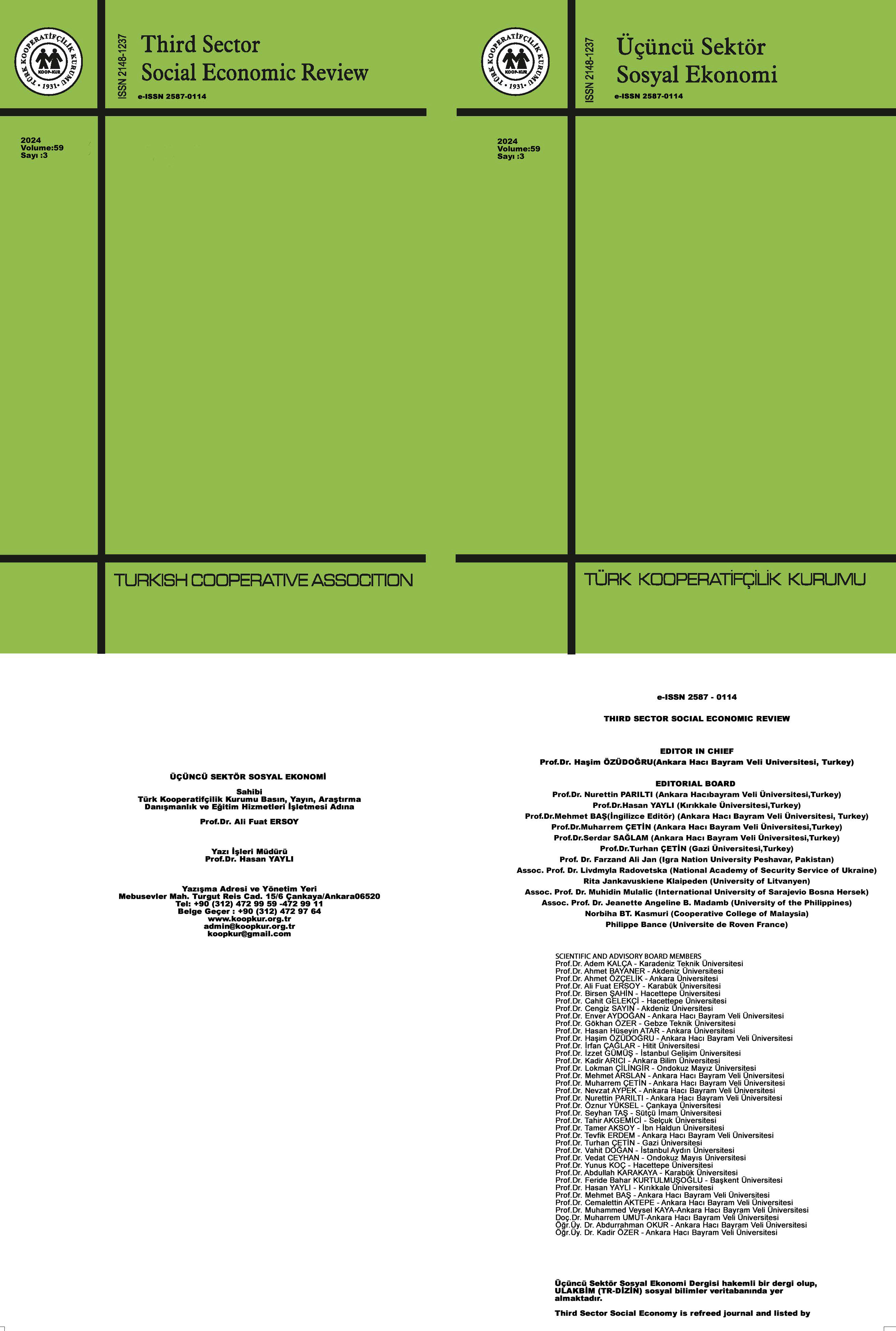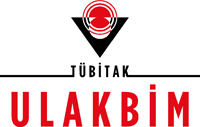Yıl: 2010 Cilt: 45 Sayı: 1 Sayfa: 65-76
ERKEN DÖNEMDE TÜKETİCİ BİLİNCİNİN GELİŞTİRİLMESİ
ALİ FUAT ERSOY, AYBALA SARIABDULLAHOĞLU
Son yıllarda tüketicinin sorunları gittikçe artmıştır. Bu sorunlar, tüketicinin yeterli teknik bilgi ve eğitimden yoksun olması ve tüketici üzerindeki yanıltıcı reklâm ve bilgilendirmeye odaklanmıştır. Bilgi eksikliği de bireyin tepkisiz tüketici olmasına yol açmaktadır. Bu nedenle tüketicinin korunması gerekmektedir. Tüketicilik bilincinin gelişmesi, vatandaşlık haklarının bir yönüyle kullanılmasını ifade etmektedir. Tüketici eğitimi, tüketiciye finansal kaynaklarını pazarda en rasyonel şekilde kullanmasını sağlayacak bilgiyi veren ve bireyin mevcut ekonomik ve bireysel kaynaklarını arzu ve ihtiyaçlarını tatmin edecek biçimde değerlendirmeye yeterli hale getirebilecek düşünce, anlayış, bilgilendirme ve öğretim süreci olarak tanımlanmaktadır.
Tüketici eğitimi programları; çocuk-genç-yaşlı, zengin-yoksul tüm kesimleri hedeflemektedir. Tüketici eğitiminin daha planlı programlı olması ve küçük yaştan başlayarak yaşam boyu devam etmesi gerektiği savunulmaktadır. Her insan bir şekilde tüketici durumundadır. Bu noktada tüketicilerin eğitime olan ihtiyaçları ortaya çıkmaktadır. Tüketicilerin ekonomik kaynak yönetimi, tüketimle ilgili kavramlar, tüketici hakları konularında yeterli bilgiye sahip olmaları ve çevresel problemlerin farkında olmaları son derece önemlidir. Yapılan araştırmalar, tüketicilerin hak ve sorumluluklarını ve tüketicinin korunması konusunda yetersiz kaldıklarını ancak tüketici eğitimi programlarına ve tüketici örgütlerine katılmaya ilişkin olumlu yönde bir tutuma sahip olduklarını göstermektedir. Bu çalışma, erken çocukluk döneminde vatandaşlık hakları kapsamında tüketici eğitiminin mevcut durumunu, önemini ve erken dönemde tüketici bilincinin oluşturulmasına yönelik olarak yapılması gerekenler ile bu eğitimde hangi yöntemlerin kullanılması gerektiğini değerlendirmek amacıyla hazırlanmıştır.
Anahtar Kelimeler (Keywords): Tüketici eğitimi, tüketici bilinci, erken çocukluk dönemi
IMPROVİNG THE AWARENESS OF CONSUMERS IN EARLY PERİOD
The problems of consumers have increased recently. These problems have been focused on the fact that consumers are lack of sufficient technical knowledge and misleading advertisement on the program, and making them informed. Such a lack leads to the fact that individuals become an inert consumer. Therefore, consumers should be protected. An improvement in the awareness of being a consumer means that civil rights should be used in a way. Consumer education is defined as an idea, understanding, informing and a training process offering the knowledge to provide consumer with the use of financial resources in the most rational way in the market, and making individuals sufficient to evaluate current economical and personal resources, their wishes and needs in satisfactorily.
Consumer education courses target all the groups of child – young – old, rich – poor. It is argued that consumer education should be planned and carried out throughout the life starting from the early ages. Every person is a consumer. Here comes out the need of training for people. It is of vital importance that consumers have knowledge over the administration of economical resources, expressions concerning consumption and on the issues of consumer rights, and be aware of environmental problems. Studies show that consumers lack knowledge over consumer rights and responsibilities and that that they should be protected, however, they have a positive attitude towards the programs of consumer education and participating into consumer organizations. This study was conducted to evaluate the current status of consumer education within the content of civil rights in the period of early childhood, its importance and the things to be done to create consumer awareness in early childhood, and what methods should be used in this education.
Anahtar Kelimeler (Keywords): Consumer education, consumer awareness, early childhood period
Tam Metin 1354











